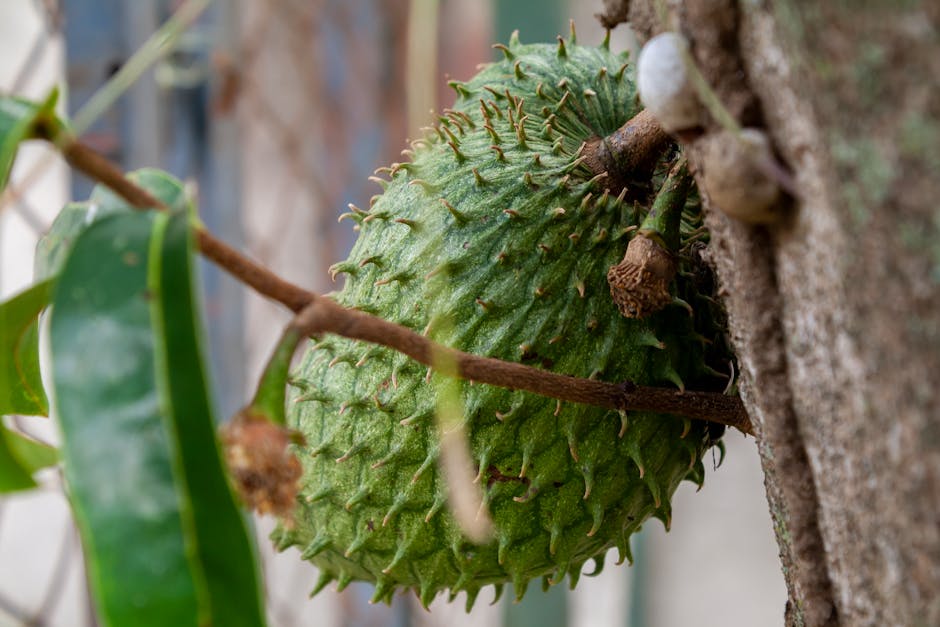Exploring the Benefits of Soursop for Diabetics and Blood Sugar Regulation
In a world where natural remedies are increasingly front and center in health discussions, soursop stands out as a powerful fruit not only for its unique taste but also for its potential benefits in managing diabetes and regulating blood sugar levels. Let’s dive into the science and folklore surrounding soursop to understand its place in the diabetic diet.
Understanding Soursop and Its Nutritional Profile
Soursop, also known as Graviola, is a fruit that’s both revered and intriguing, primarily due to its rich composition of nutrients. Vitamins C and B, antioxidants, and minerals such as potassium and magnesium, make soursop a nutritional powerhouse. Its unique blend of nutrients contributes to its anti-inflammatory and antioxidant properties.
Beyond its nutritional value, soursop has been a subject of research for its potential medicinal properties. While studies are ongoing, it’s the anecdotal evidence that often brings soursop into the limelight for those seeking natural health alternatives.
The Impact of Soursop on Blood Sugar Levels
Among the myriad of health benefits attributed to soursop, its impact on blood sugar regulation is perhaps the most significant for individuals with diabetes. Preliminary research hints at the fruit’s ability to lower blood glucose levels, which is crucial for managing diabetes.
The mechanisms behind these effects are believed to be linked to soursop’s fiber content and its antioxidant properties, which help improve insulin sensitivity and thus, better blood sugar control. However, it is important to note that while these findings are promising, more comprehensive studies are needed to fully understand soursop’s role in diabetes management.
Anecdotes from traditional medicine systems also underscore soursop’s use in diabetes management, with many cultures utilizing the fruit, leaves, and even bark of the soursop tree to aid in blood sugar regulation.
Soursop in Diabetic Diets: How It Fits
For those managing diabetes, incorporating soursop into their diet could offer a refreshing and beneficial addition. Its low glycemic index means it does not cause a sharp spike in blood sugar levels, making it a safer choice for diabetics.
Furthermore, the fiber in soursop can aid in digestion and slow down sugar absorption, providing a steady release of energy. This makes soursop not just a nutritious, but also a strategically beneficial fruit for those seeking to regulate their blood sugar.
Precautions and Recommendations When Using Soursop for Diabetes
While soursop has potential benefits for blood sugar regulation, individuals should take care when incorporating it into their diets, especially those on medication or with health conditions.
Consultation with a healthcare provider is critical before adding soursop to your diet, as it may interact with certain medications. Additionally, moderation is key, as excessive consumption could lead to unintended side effects due to its potent properties.
As we’ve explored the various dimensions of soursop’s impact on diabetes and blood sugar regulation, it’s clear this exotic fruit holds promising potential for those seeking natural ways to manage their condition. Nonetheless, embracing soursop as part of one’s diet should be done thoughtfully, with consideration for individual health backgrounds and in consultation with healthcare providers.





